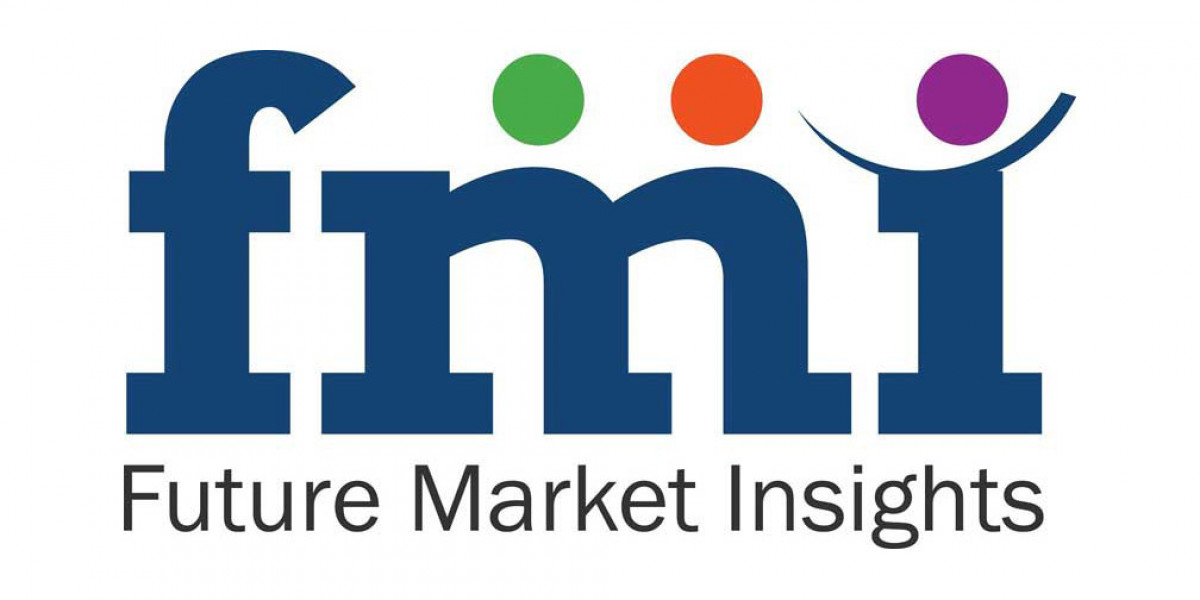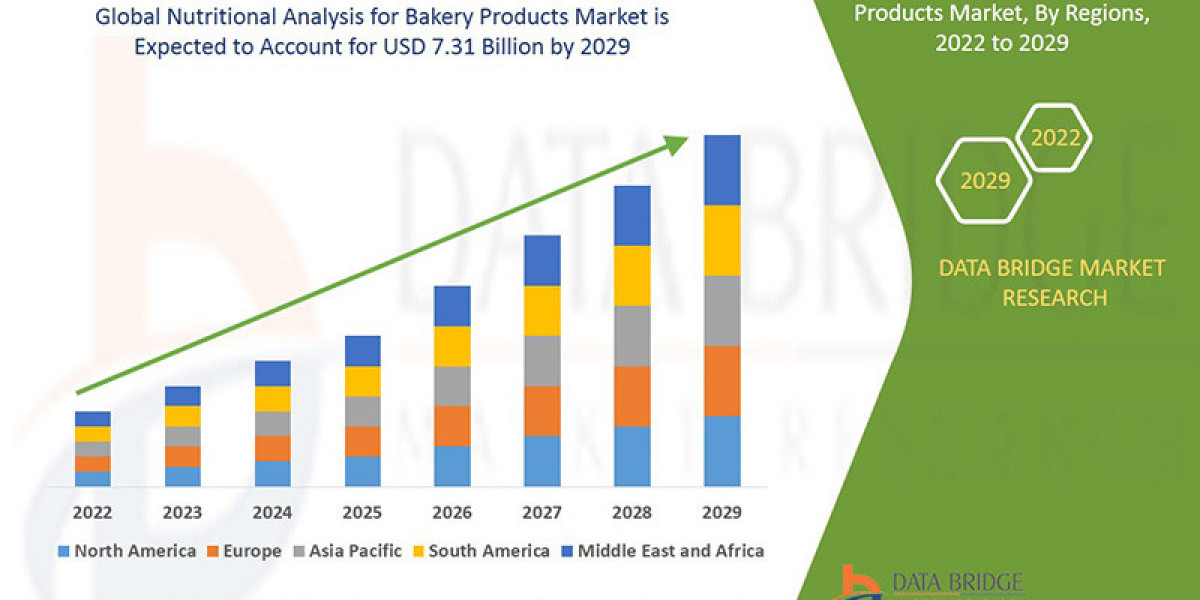The fermented ingredient market is preparing for an impressive expansion, moving from USD 55,672.1 million in 2025 to USD 102,558.1 million by 2035, growing at a strong 6.3% compound annual growth rate (CAGR). More than a commercial trajectory, this surge represents a cultural and industrial pivot toward natural, clean-label, and health-forward products across multiple sectors.
Fermented ingredients—long celebrated for their role in food traditions—are now the backbone of innovation in food and beverages, pharmaceuticals, personal care, and animal nutrition. Their ability to enhance stability, extend shelf life, boost flavor, and deliver health benefits has made them indispensable to global manufacturers. As consumers demand transparency and functionality in their choices, fermentation has become a trusted route to achieving both.
Rising Demand Across Food, Pharma, and Beauty
Momentum in this market stems from the growing adoption of fermented solutions that respond to modern health and lifestyle needs. Lactose intolerance, the global preference for plant-based alternatives, and rising awareness of gut health have given fermentation a strong foothold. From probiotic yogurts to functional beverages, from biopharmaceutical amino acids to fermented skincare extracts, the applications are expanding rapidly.
This is not without challenges. Volatile production costs, complex downstream processing, and microbial strain development remain key restraints. Yet industry leaders are responding with precision fermentation, bio-based strain optimization, and investment in localized fermentation hubs, creating pathways to efficiency and cost competitiveness.
Segments Powering Growth: Enzymes and Amino Acids
Two product categories are setting the pace for innovation and revenue in the fermented ingredient market.
Enzymes are projected to grow at 6.7% CAGR through 2035, driven by demand across industries from food to textiles and pharmaceuticals. Their eco-friendly functionality, ability to replace synthetic additives, and versatility in optimizing processes such as dairy digestibility, dough rheology, and brewing efficiency make them indispensable. Looking ahead, AI-guided strain selection, enzyme immobilization, and directed evolution are expected to enhance their role in circular and regenerative manufacturing systems.
Amino acids, meanwhile, hold the largest product share and are forecast to expand in line with the market CAGR of 6.3%. Their multifunctionality in pharmaceuticals, clinical nutrition, and dietary supplements keeps them at the forefront of demand. With advances in microbial fermentation making rare amino acids more accessible and sustainable, the segment is moving toward condition-specific formulations. By 2035, innovations in personalized nutrition, sports recovery, and neurocognitive health will solidify amino acids as a pillar of functional wellness.
Country-Level Insights: Growth Anchors Across Regions
The United States leads the market in revenue, thanks to its advanced food processing and biopharmaceutical sectors. With a CAGR of 6.5%, the U.S. continues to pioneer next-generation fermentation technologies and plant-based applications.
China emerges as the fastest-growing market, reflecting heavy investment in biotechnology and food-grade fermentation facilities. Its growth is expected to redefine global capacity and innovation leadership in the years ahead.
The European Union, with a CAGR of 6.4%, is propelled by its sustainability mandates and consumer demand for probiotic-rich, clean-label foods. Germany, France, and Italy play leading roles, particularly in dairy alternatives and functional nutrition.
Japan and South Korea, each growing at 6.3% CAGR, blend their rich traditions in fermented foods with cutting-edge biotech applications. Both countries are seeing strong adoption in pharmaceuticals and cosmetics, where fermented extracts and probiotic formulations are reshaping beauty and health trends.
Meanwhile, the United Kingdom at 6.2% CAGR is witnessing rising demand for fermented dairy alternatives and functional beverages, backed by regulatory support for natural and sustainable food systems.
Industry Leaders and New Entrants Driving Innovation
The competitive landscape of fermented ingredients reflects a blend of heritage and innovation. DuPont de Nemours, Inc. remains a dominant force with probiotics, enzymes, and natural preservatives. Chr. Hansen Holding A/S leverages microbial fermentation to strengthen its probiotic and dietary supplement portfolio, while Kerry Group plc delivers natural flavors and food protection solutions.
Cargill, Incorporated focuses on amino acids, organic acids, and biosweeteners, while Lallemand Inc. is renowned for its expertise in yeast fermentation and probiotics. Alongside these leaders, companies such as BASF SE, DSM, Angel Yeast, Novozymes, Ajinomoto, ADM, and Corbion are making significant contributions to both industrial and consumer-facing applications.
For new entrants and smaller players, the opportunity lies in specialized niches. Whether through preservative-free solutions, precision-engineered strains, or customized formulations for personal care and wellness, emerging companies can capitalize on rising consumer demand for authenticity and functionality.
Opportunities Ahead: Precision Fermentation and Circular Economy
The next decade promises a transition toward strain-specific, precision-engineered formulations. Partnerships between bioengineering firms and global food and pharma companies are set to accelerate, fueling innovation pipelines and regional market expansions.
Fermentation is also aligning with global sustainability goals. By supporting circular economy systems, reducing reliance on chemical additives, and enabling renewable feedstock utilization, the industry positions itself as a cornerstone of sustainable manufacturing.
For businesses and investors, the message is clear: this market is not only expanding but also evolving toward higher-value, science-driven applications.
Why Stakeholders Should Engage with This Market Report
For stakeholders—ranging from established manufacturers to new entrants and investors—this market report offers actionable insights into a sector that blends tradition with technology. It highlights how fermentation is no longer confined to food heritage but is now a platform for innovation across industries.
Buying this report equips decision-makers with a roadmap to opportunities in enzymes, amino acids, functional nutrition, precision fermentation, and sustainability-driven manufacturing. It also provides a detailed understanding of the regulatory, technological, and consumer landscapes shaping the industry.
Purchase this Report for USD 5,000 Only | Get an Exclusive Discount Instantly! https://www.futuremarketinsights.com/checkout/11026
Everything You Need—within Your Budget. Request a Special Price Now! https://www.futuremarketinsights.com/reports/sample/rep-gb-11026








